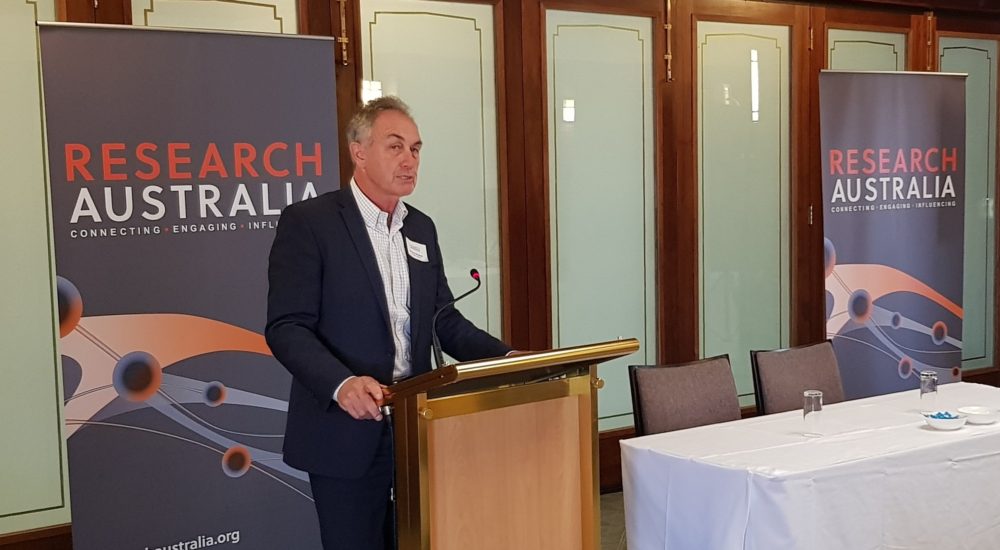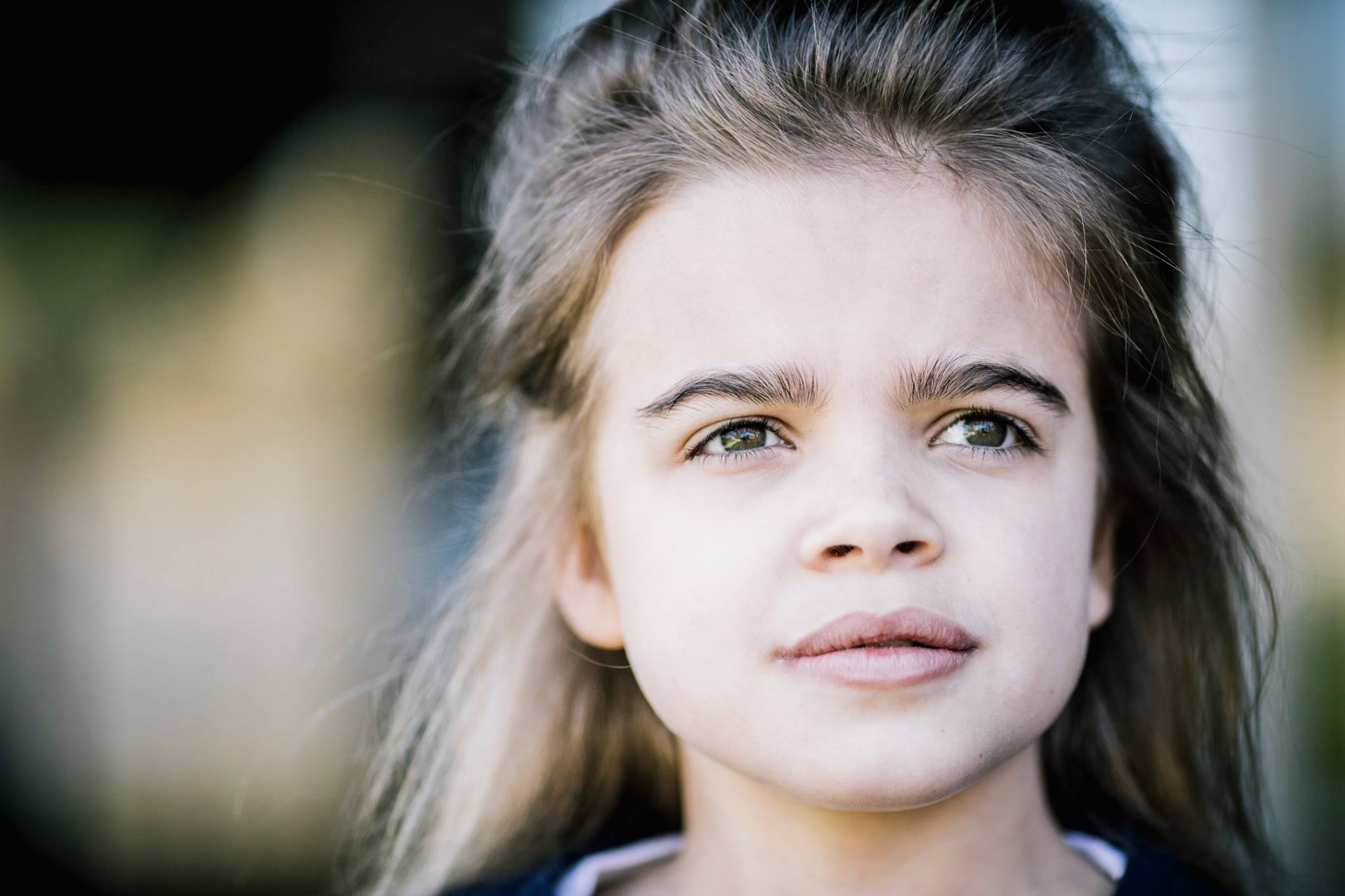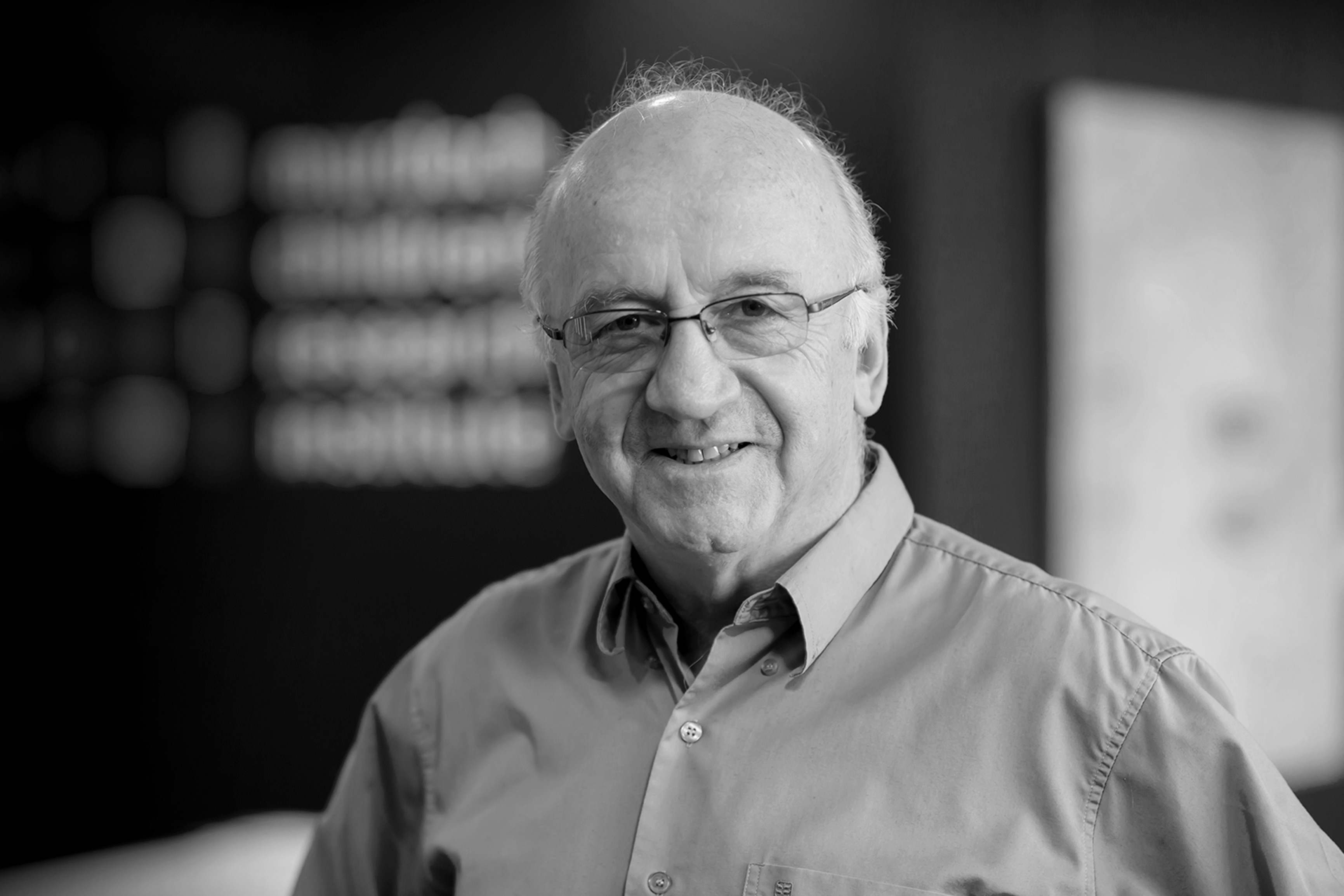Thank you to all those that nominated their heroes for the 2016 Research Australia Health & Medical Research Awards. 2016 has seen the highest number of nominations and the stories are amazing. We look forward to sharing some of them with you.
The Health Services Research Award recognises an individual who has made an outstanding contribution to health services research, provided leadership in health services research, undertaken research that has led to a significant improvement in healthcare, or championed the development of the health services research field. Which of these amazing people below will join the ranks of the prestigious Health Services Research Award alumni including: Prof Robert Sanson-Fisher AO and Prof Jeffrey Braithwaite
Discover previous winners in all Award categories, including video’s from the 2015 winners.
2016 Health Services Research Award Nominees
Professor Michael Barton OAM
Ingham Institute for Applied Medical Research
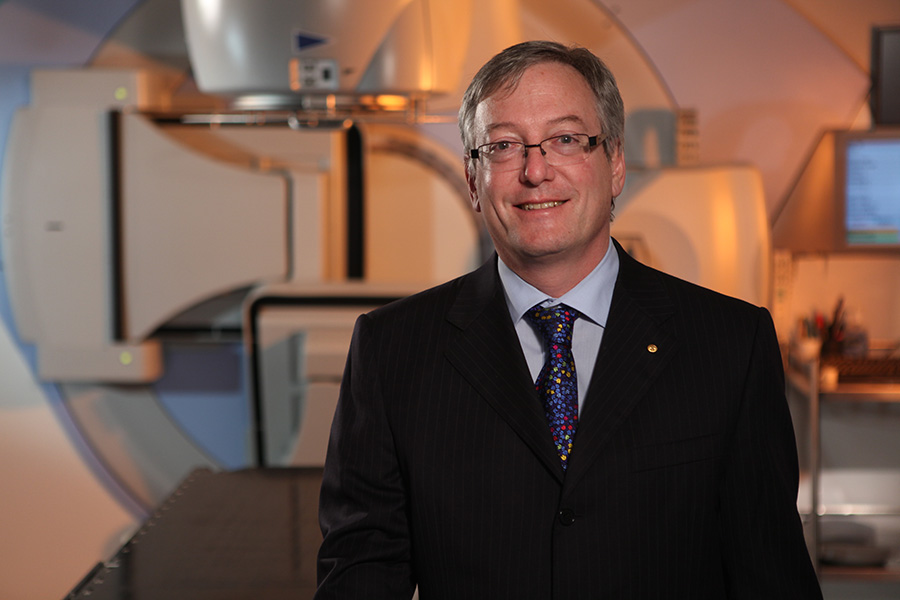
Nominators: Associate Professor Greg Kaplan | Ingham Institute of Medical Research and Prof David Currow | Cancer Council NSW
Nearly half of all cancer cases in Australia need radiotherapy, yet only two-thirds of those actually get it. Most of these people live in regional and rural areas, where availability of radiotherapy facilities is outstripped by demand.
The Ingham Institute for Applied Medical Research’s Director of Research, Professor Michael Barton OAM is internationally renowned for his work in oncology health services research and in particular, radiation oncology research and education. Over more than 20 years, Professor Barton’s work has directly influenced investment of more than $1 billion in radiotherapy facilities and services across Australia.
In continuing to make the case for increases in radiotherapy services here and around the world, Professor Barton is leading the push for better access to cancer treatment in Australia, and in parts of the third world where radiotherapy is currently not available. This includes pioneering methods and funding for innovative low-cost and remote radiotherapy treatment.
Professor Lorna Moxham
University of Wollongong
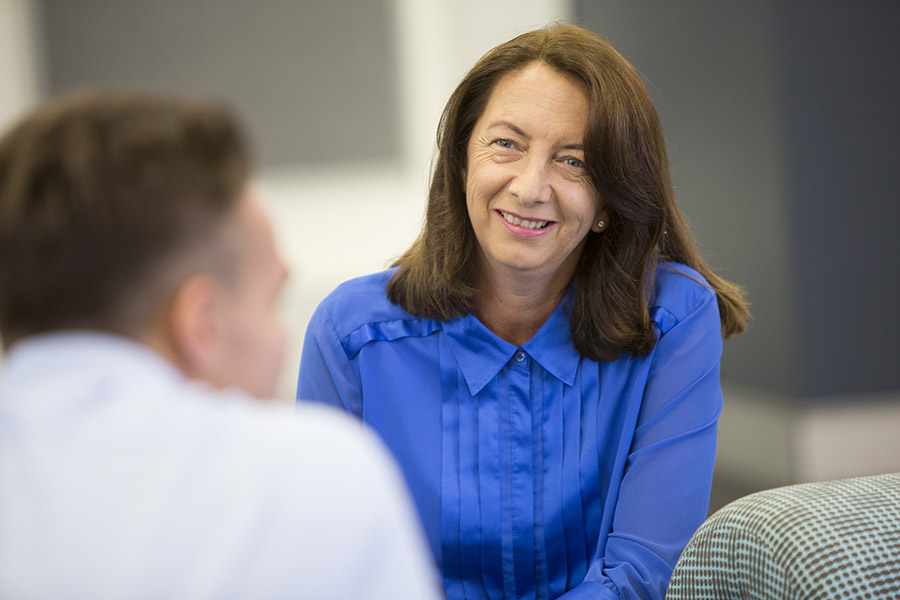
Nominators: Professor Judy Raper | University of Wollongong and Marianna Milosavljevic | Illawarra-Shoalhaven Local Health District
Professor Moxham is passionate about health care and its valuable contribution to the wellbeing of our society. Her specific area of expertise rests within mental health nursing, with a focus on research and practice that is recovery-oriented and strengths-based. This specialist discipline area, is one in which she has devoted her working life to since 1982. This nomination is specific and is focused on Professor Moxham’s leadership in a mental health services interdisciplinary research project called Recovery Camp. This project addresses the theme of Living Well, Longer within the University of Wollongong’s Global Challenges Program.
Recovery Camp is an Australian-first initiative. The multi method program of research that frames Recovery Camp ensures the initiative operates as both a professional experience training opportunity for students of pre-registration health programs, and as a recovery-focused experience for people living with a mental illness. Prof Moxham has ensured that Recovery Camp is a transformative research project in that it focuses on research impact and outcomes while also transforming the lives of health students, those living with mental illness, and their family and carers. The achievements of Recovery Camp in areas of research, teaching and learning, and the promotion of mental health have been accomplished under Professor Moxham’s leadership – in particular, her emphasis on a collaborative, interdisciplinary approach to health services research.
See how Recovery Camp is touching lives.
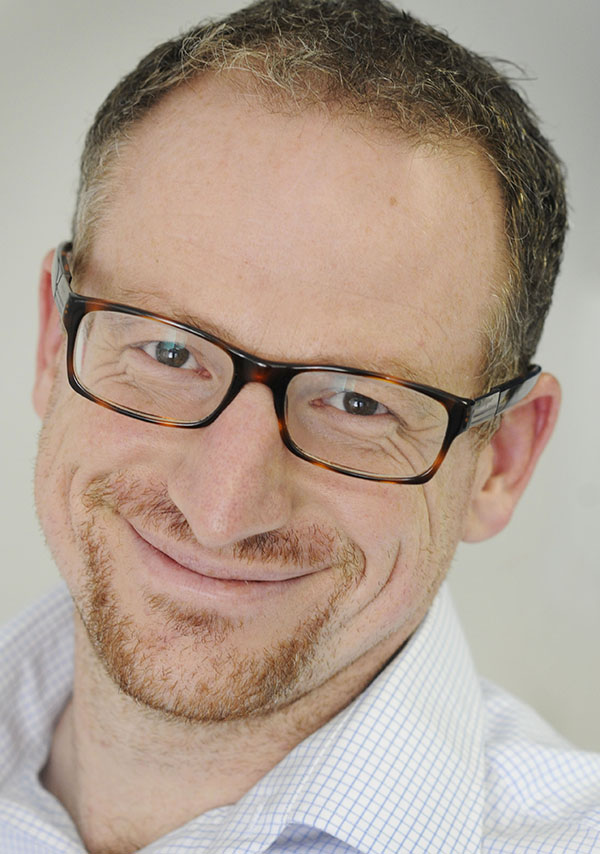 Professor Nicholas Graves
Professor Nicholas Graves
Institute of Health and Biomedical Innovation
Queensland University of Technology
Nominators: Professor Lynn Griffiths | Queensland University of Technology and Professor Ross Young | Queensland University of Technology
Throughout his distinguished career, Professor Graves has made a significant contribution to furthering health services research in Australia and internationally. Most notably, this is through his role as inaugural Director of the Australian Centre for Health Services Innovation (AusHSI). Professor Graves’ major focus is on showing how health services can be improved at low cost, or even improved with cost savings. Australians spend roughly 10% of GDP on health services, and this amount is growing. There is a need to curb growth in future spending and gain good value for money by reducing waste and harmful services.
Through his role at AusHSI, Professor Graves has brought academics and health professionals together and supported simple clinician-led research to generate evidence that can lead to significant improvements to health services. His work is of a multidisciplinary nature with strong collaborations that go beyond the traditional boundaries of health and medical research.
In addition to his research interests, Professor Graves has a strong commitment to disseminating research outcomes. He has had a great impact on policy makers such as government agencies where he provides extensive advice on the efficacy and cost-effectiveness of services.
.
2158 QUT NG Senate Vid NM-03 from NicholasMartin on Vimeo.
Video: An introduction to Value Based Healthcare
Professor Christopher Levi
University of Newcastle
John Hunter Hospital
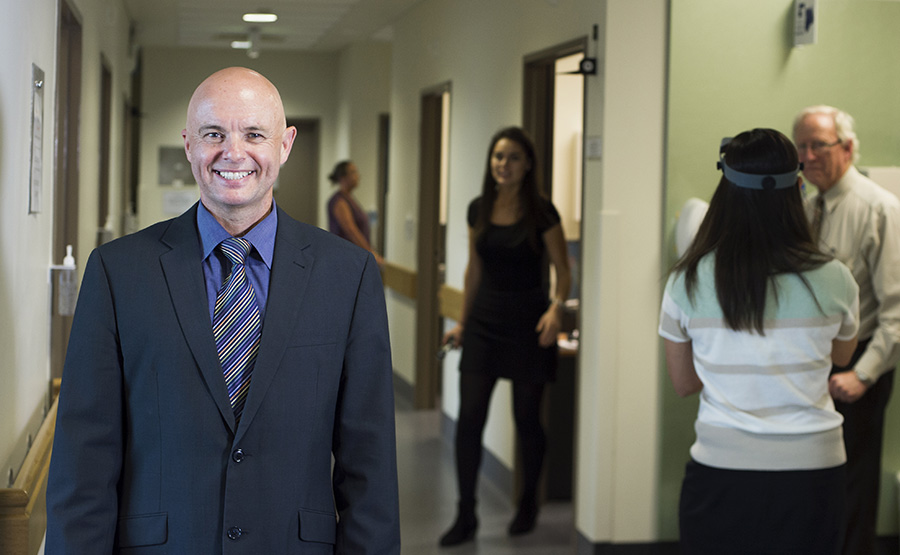
Nominators: Professor Caroline McMillen | University of Newcastle and Professor Michael Nilsson | Hunter Medical Research Institute
As a neurologist dealing first-hand with the clinical complexities of stroke, Professor Chris Levi founded the John Hunter Hospital Acute Stroke Service and Stroke Research Program in 1999 to deliver new and more effective therapies for the community.
Starting from square one, he harnessed skills and resources from the University of Newcastle and Hunter Medical Research Institute to build research capacity. The group is now nationally and internationally recognised as the benchmark for developing new strategies in brain imaging and treatments.
Professor Levi’s work spans from experimental laboratory research through to genome studies, clinical trials and health system implementation. One of the major advances in recent years is the trial of a new clot-busting drug called Tenecteplase, co-led by Professor Mark Parsons.
In 2014, Professor Levi was appointed Director of Clinical Research and Translation for the Hunter New England Local Health District, further strengthening his ability to build infrastructure and professional engagement – all leading to better patient outcomes following stroke.
.
Stroke researchers in the Hunter have an opportunity to test a portable microwave device that takes diagnostics into the field aboard ambulances.
At 26, Crystal Fitzgibbon suffered a serious stroke that paralysed her left side and rendered her speechless – three days later she left hospital, healthy and happy, thanks to a drug trial known as TASTE. Hear her amazing story of recovery.


